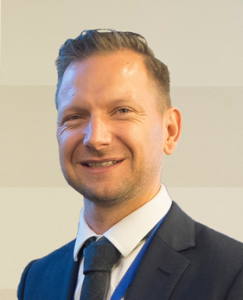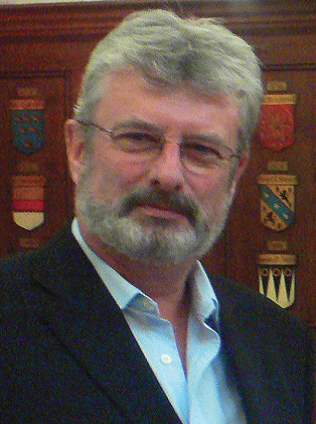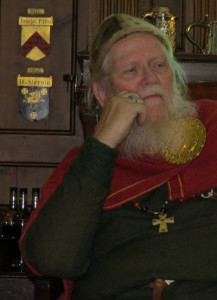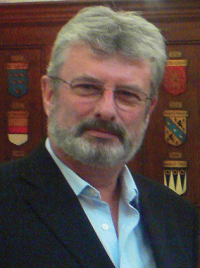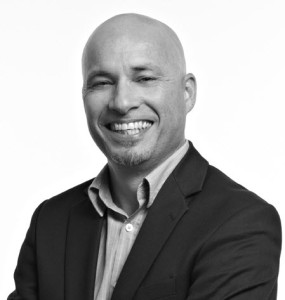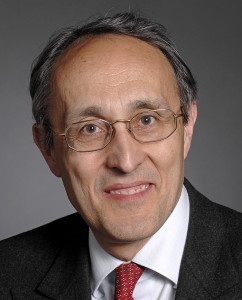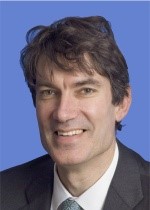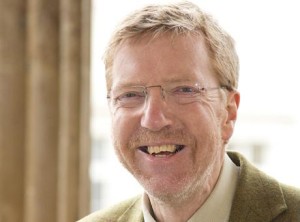How to achieve business aims without going over budget or compromising quality?
Steve Wake, Chair of APM Board: interviewed by Dave Baxter, Sunday Telegraph, Business Reporter
For full interview & article:
Collaborate for the common good, 13 April 2014
What are the most burning issues for project managers today?
They’re more or less the same as they were 25 years ago when I joined the profession and got interested in project management but if I had to decide on the top three they would be projects costing too much, projects running late and projects not delivering what they set out to do.
So if they were issues 25 years ago why have they not been dealt with?
The roots of that lie in the fact that there is no set way of running projects at the moment that is used by everybody. The introduction of standards and frameworks would help that enormously. And that’s where the APM can come in.
Before we get to the solutions what are some of the more specific issues that actually lead to waste and delays?
Things that contribute to slips on costs and time are often poor estimating. There is also something called optimism bias which is where people wish that things could be done cheaper, wish that things could be done sooner, wish that things could be done better all without any changes to the overall estimate of time, cost or quality on the project. So it’s like making false promises. We can remedy that by professional project management.
So how do you ensure that someone is a good project manager?
Project manager is expressed in terms of the APM through what we call the Five Dimensions of Professionalism and that focuses on:
- Competence – i.e. are they the right kind of person to be a good project manager? Do they possess the characteristics or the potential to do the kinds of things that managers do.
- Experience – what have you done? What’s on your CV? What’s your track record of achievement?
- Technical knowledge – exposure to the latest thinking and techniques. We do that through our publications, meetings – branch meetings and specific interest group meetings where we share advice, experience.
- Qualifications – that go from apprenticeship right up to someone who is at the highest level in the profession which we refer to as Registered Project Professional.
- There is an ethical dimension to project management. We have to be seen to be truthful, open, with integrity and there are also other values that underpin which are those of listening, learning and leading. We have been seen as individuals who learn, who listen and who can lead. 1
Where’s project management relevant?
It’s relevant everywhere. It’s used in the smallest undertakings to the largest. So it’s used in building a small house right up to running something as large as the Olympic Games, and it’s relevant in whole variety of sectors. The construction industry, the IT industry, Transport industry, utilities and the nuclear industry – even show business.
Is project management now an established profession?
I would say wholeheartedly yes. The strongest indicators for me are that we have outside bodies, the people that we deal with corporate members, industry, government, education, other governments, all accepting that we have a significant role to play at the most senior strategic level in discussing how projects are undertaken.
So is it easier to be a project manager today than it was before?
It is easier to become a professional project manager that everyone recognises as a professional project manager rather than someone who just says that they are a project manager. It’s easier to be able to judge what you are getting. When someone says they are a project manager and they are approved by the APM we have a very easy way to identify what that individual is capable of doing and it also makes it easier for an organisation to select those individuals.
Was that not the case say 20 years ago?
Very few organisations were actively looking for project managers other than in the broadest sense of saying that we need a project manager. Now when they ask for a project manager they are asking for levels of qualification, levels of experience and these are things as an APM member you can prove and warrant by showing the qualifications that you’ve got. So the letters after the name do mean something.
See Video of interview Q & A : Success in Project Management
1 Extract from The Project Interview, Feb 2014
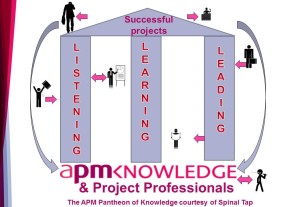 “Listening is about engaging with the various communities and them engaging with us. This requires us to consider all parts of APM and beyond the current membership.
“Listening is about engaging with the various communities and them engaging with us. This requires us to consider all parts of APM and beyond the current membership.
“The project management community is a huge earpiece that captures conversation from around the world. We can help that conversation by making it easier to process and highlighting things of importance and value. We want members to feel the impact of Listening, Learning and Leading at a personal level: it is what sums up a good project professional. This leads on nicely to learning. We need to learn from each other and, in doing so, learn as a profession.”
“We’re reshaping ourselves to our size, which is constantly increasing. The Leading exercise is across the whole community, which is quite a cultural challenge for APM. Within the project management community we set agendas and lead by example. There’s also the reaffirmation that we’re involved with delivering public benefit. That’s part of our Chartered campaign – a Chartered body has to serve the public interest. It’s not easy to get the balance right which is why listening is so important.”
Steve believes the Listening, Learning and Leading model is very much about engaging members, as well as non-members, and will ultimately support the APM’s 2020 strategy.
Steve continues: “We won’t hit Listening and Learning concurrently; we’llstart with Listening. For me, it’s about practitioners sharing information, all around the community.
“We haven’t yet engaged with enough people. We recognise that we need to do that to clearly identify, and to build on the Listening, Learning and Leading model. The beauty of APM’s Five Dimensions of Professionalism is that it’s allowed us to package and explain what we already do and communicate it better, and it identified the gaps and room for improvement.
“Looking at things in a different way, or through a different model, identifies where we could improve, which builds on the theme of continuity and evolution.
In saying this, I also recognise that we need to get into the public domain just how our Listening, Learning and Leading approach is operating and how people can engage: this is a key issue for the Board and a personal priority for me.
“Listening, Learning and and Leading is who we are, what we do and how we do it. It’s our mantra and modus operandi.”
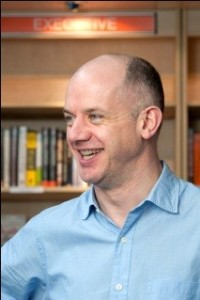 Dr Paul Chapman is a Fellow in Operations Management at Saïd Business School, where he is a leading expert on the learning and development of executives, especially the people responsible for leading the delivery of Major Programmes / Major Projects typically valued at $1billion+.
Dr Paul Chapman is a Fellow in Operations Management at Saïd Business School, where he is a leading expert on the learning and development of executives, especially the people responsible for leading the delivery of Major Programmes / Major Projects typically valued at $1billion+. These programmes involve working closely with client organisations and participants to understanding their potential for development and growth through to realising these opportunities. This role also includes engaging teams of faculty and experienced practitioners to create the design and content required to ensure an engaging learning experience.
These programmes involve working closely with client organisations and participants to understanding their potential for development and growth through to realising these opportunities. This role also includes engaging teams of faculty and experienced practitioners to create the design and content required to ensure an engaging learning experience.